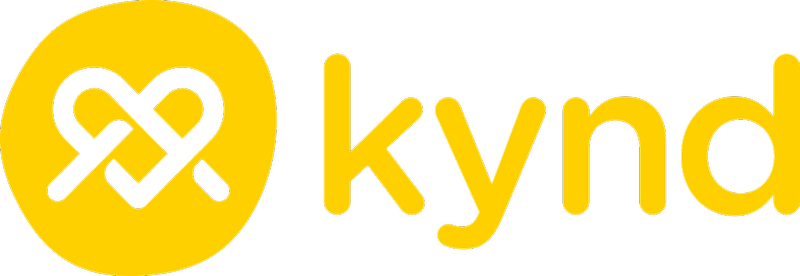The NDIS defines two levels of support for people requiring assistance with daily activities: Standard and Higher Intensity.
Support Workers providing High-Intensity support services require more skills, experience, and even specialised training.
As a Support Worker using Kynd, you are only eligible for insurance if providing High-Intensity Support (excluding Catheter Care which is not covered) if you have undertaken either:
- Nationally accredited training; or
- Industry recognised training; or
- Onsite training with a Client’s allied health or medical professionals; and,
- You have ‘Proof of Competency’ for the specific High-Intensity Support.
Note: You do not need to upload or send Proof of Competency to Kynd, but to provide High-Intensity Support and be eligible for insurance cover, you must hold this evidence.
Proof of Competency may be in the form of:
- Statement of Attainment issued by a Registered Training Organisation (RTO); or,
- a Certificate of Completion issued by a reputable training provider other than an RTO; or,
- written proof from a registered allied health professional or medical professional.
If you do not meet these requirements, you cannot provide High-Intensity Support.
What are High-Intensity Support Services?
Details on each of these High-Intensity Support services are available below:
NDIS Practice Standards: Skill Descriptors and the NDIS Pricing Arrangements.
High-Intensity support services that fall under the above conditions include:
- Complex Bowel Care
- Enteral Feeding and Management
- Severe Dysphagia Management
- Tracheostomy and Ileostomy Care (including Stoma Care)
- Ventilation
- Subcutaneous Injection Diabetes Management
- Epilepsy Management
- High-Risk Seizures
- Pressure Care and Wound Care (under direct or indirect supervision of a Registered Nurse)
- Mealtime Preparation and Delivery
- Implementing a Positive Behaviour Support Plan (excludes plans with the authorised use of a restrictive practice)
Support Workers and clients should thoroughly familiarise themselves with High-Intensity support services requirements before delivering or receiving any services.
Important! Services relating to Urinary Catheter Care are not covered by Insurance offered to support workers on Kynd.
Training Options
Support Workers and Clients can choose the most appropriate training options for them, so long as they align with the above conditions for High-Intensity Support.
If you are not sure where to start looking, here are some options that may help.
- - - - - - - - - - -
DP Training provide training in PEG Feeding, Epilepsy & Midazolam, and Manual Handling.
Queensland Health Academy provide training in Subcutaneous Injection, Pressure Care and Wound Care, and Complex Bowel care.
EdHealth provide face-to-face training (delivered online) in Diabetes Management and Insulin Administration.
Austcare provides support workers on Kynd with a $50 discount on HLTHPS006 Assist Clients with Medication Training.
MAYBO provide training in Positive Behaviour Support.
- - - - - - - - - - -
Note: This list is for information only. Kynd does not endorse any training provider.
